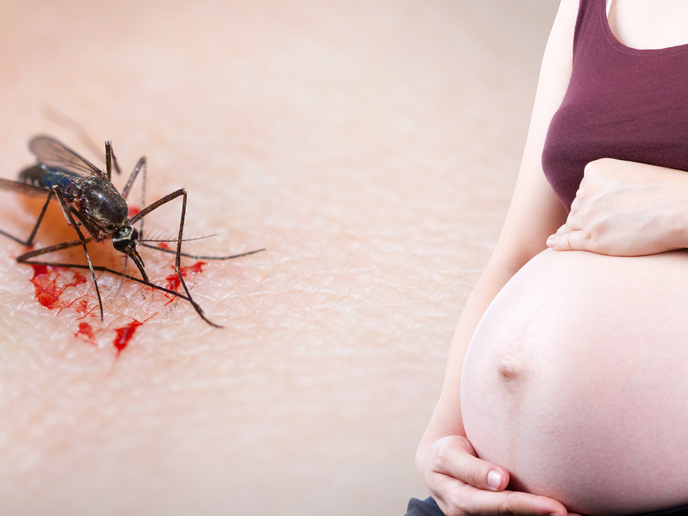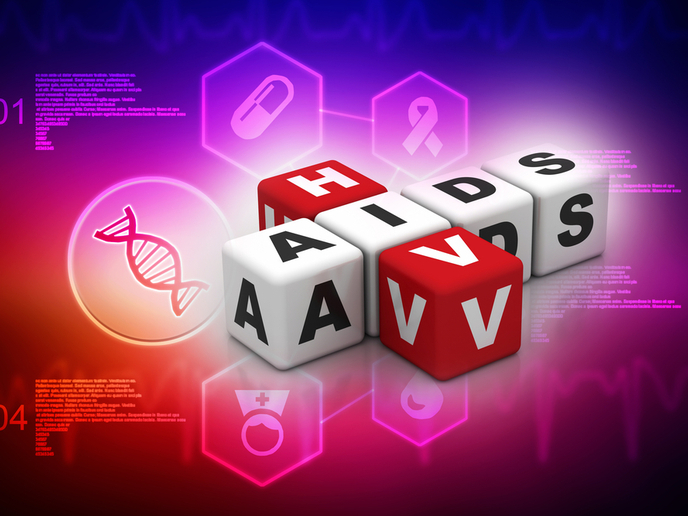New drugs against tuberculosis
TB therapy requires a combination of four drugs (rifampicin, isoniazid, ethambutol and pyrazinamide) and was introduced 40 years ago. The treatment lasts at least six months. The dissemination of different resistant strains of Mtb and the synergy with the HIV/AIDS pandemic further complicates effective TB treatment. The EU-funded TARGID (Host target identification of anti-virulence drugs) project was part of an anti-virulence drug discovery program investigating host cell signalling pathways involved in the pathogenesis, entry and intracellular survival of Mtb. The anti-virulence studies revealed a novel benzothiophene inhibitor of a histidine kinase that indirectly affects Mtb metal-ion homeostasis. TARGID investigators tested several thousand chemical compounds against Mtb to find new compound-target pairs. Molecules that showed activity against Mtb in the latent model or intracellularly were selected for further development. Their activity was also assessed on several TB clinical isolates of drug-resistant strains. As a result, a potential new drug was discovered that targets the protein involved in the bacterial efflux mechanism. Importantly, the project resulted in the discovery of agents with mechanisms of action different from the current drugs under development. One such potential drug targets the tricarboxylic acid cycle of the bacteria that is essential for energy production. Another promising agent acts on an iron-sulphur protein involved in electron transport. Identification of targets to treat both active and latent TB is an urgent priority. The TARGID project clearly contributed to TB drug discovery with new potential drug targets.







